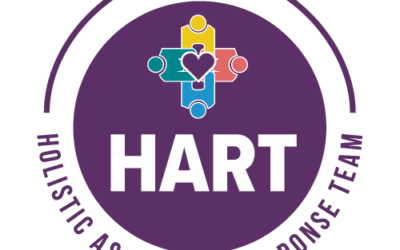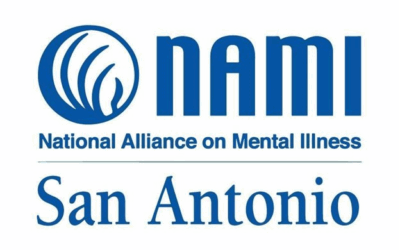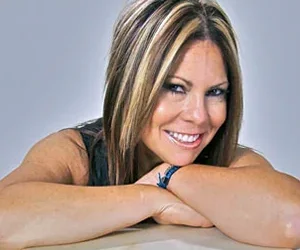At this year’s Robert Lee Sutherland Seminar Policy Pre-seminar, the Hogg Foundation for Mental Health convened leaders, advocates, and community members to explore how civic engagement and public policy intersect with mental health and well-being. Among the most practical and inspiring offerings was a breakout session titled “Policymaker Meeting Tips,” featuring Bethany Gutierrez a legislative staffer in the Texas House of Representatives, Amanda Rodriguez of the San Marcos City Council, and moderator Jason Castillo, Policy Program Specialist at the Hogg Foundation.
The panelists drew from their diverse experiences—as a legislative staffer, an elected official, and a policy expert—to demystify how ordinary people can make their voices heard in policymaking spaces. Here are three key takeaways from their discussion.
You Don’t Need to Be an Expert to Speak Up
Both Gutierrez and Rodriguez emphasized that lived experience is a form of expertise. You don’t need to master policy jargon or legislative procedure to advocate effectively. As Gutierrez put it, “You are the expert, and we are just learning from your experience.”
She encouraged participants to start local. Whether through community centers, churches, or parent groups, those closest to an issue are often best positioned to raise awareness and mobilize. Local elections, too, have an outsized impact. “Local officials are the ones right down the street,” Gutierrez noted, “and they often have the most immediate power to address community needs.”
For Meeting with Policymakers, Persistence Matters More Than Perfection
Rodriguez shared that when she first entered public service, she often felt unsure of herself: “That was the first time I experienced what some people call imposter syndrome.” But she soon learned that showing up, even imperfectly, is what truly counts.
She urged advocates to set realistic expectations. Not every meeting or testimony will lead to instant change, and that’s okay. Every interaction builds momentum. “It’s okay to be nervous,” Rodriguez reminded attendees. “Don’t let anybody take that fire—that reason for why you’re doing this—away from you.”
Stories Move People When Statistics Can’t
Both panelists reflected on how personal stories can shift hearts and minds in ways that data alone cannot. Rodriguez recounted a powerful example from her time as a legislative staffer, when families impacted by gun violence returned to the Capitol day after day to demand their voices be heard. One father carried his son’s bullet-torn notebook—a tangible reminder of the personal stakes. Rodriguez was moved by his persistence.
“That persistence—that refusal to give up—is what made history,” Rodriguez said. “For those families, success wasn’t just about passing a bill. It was about being heard.”
The takeaway: Advocacy isn’t just about policy—it’s about people. By sharing lived experience, preparing thoughtfully, and persisting through setbacks, ordinary Texans can have an extraordinary impact on the systems that shape their lives.
To learn more about the Hogg Foundation’s policy initiatives and explore other highlights from the Robert Lee Sutherland Seminar (RLS), visit our Policy page or RLS page.
Related Content
Rising Voices: Telling Your Story
When personal stories are shared with policymakers, not only do they draw attention to important issues, but they also resonate in ways that facts and data alone cannot.
2025-2026 Mini-Grants for Innovation, Capacity-Building, and Community Well-Being
The Hogg Foundation is pleased to announce the recipients of the 2025 Robert Lee Sutherland Mini-Grants.
Toward a More Effective 911 Alternative
This blog post is guest authored by Larry D. Brown Jr., PhD, associate director for Community Health and Violence Prevention Services at Harris County Public Health. He presented a session at the Robert Lee Sutherland Seminar as part of the Building Partnerships and Collaboration track.
Stronger Together
This blog post is guest authored by Doug Beach, executive director of NAMI Greater San Antonio. He will be presenting at the Robert Lee Sutherland Seminar in the Building Partnerships and Collaboration track.
Rhythms of Resilience: An Early Look at the Robert Lee Sutherland Seminar
This year’s RLS seminar will feature a keynote experience unlike any other—a powerful blend of rhythm, connection, and healing led by Grammy Award–winning percussionist Nina Rodriguez.
Your Nonprofit is Probably Overcomplicating Its Data Collection
Three common reasons why nonprofits struggle with data collection and how to overcome them.






